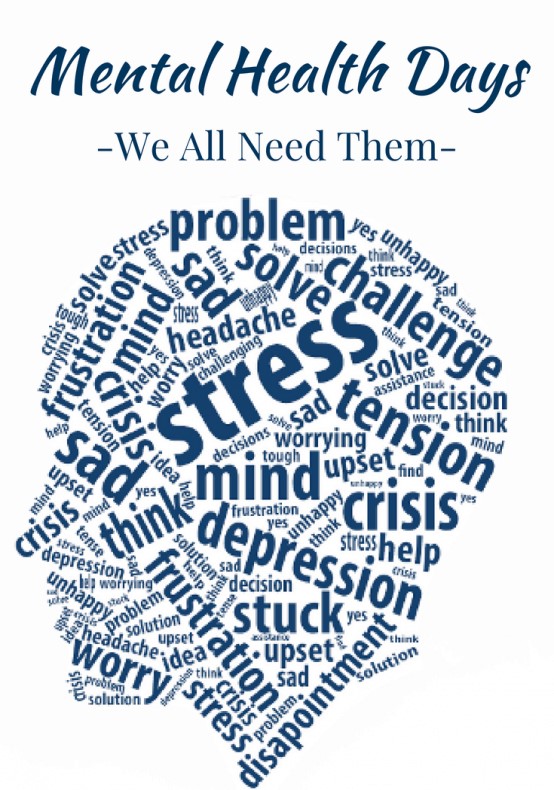-
In a fast-paced, productivity-driven culture, the need for the importance of mental Health Days is more crucial than ever. A mental health day involves taking time off work, school, or daily responsibilities to focus on emotional well-being and recharge. Whether due to burnout, stress, or the need to recalibrate, these breaks are essential for maintaining a balanced, healthy life. Here’s why mental health days matter and how they can improve overall well-being.
Why Mental Health Days Are Important
- Stress Reduction: Chronic stress can lead to serious health problems, including anxiety, depression, and even physical illnesses. A mental health day provides a chance to relax and engage in activities that help reduce stress.
- Improved Productivity: Paradoxically, taking a day off can enhance productivity. A refreshed mind is more creative, focused, and capable of tackling challenges effectively.
- Prevention of Burnout: Burnout results from prolonged stress and overwork. A mental health day serves as an intervention, helping individuals recharge before hitting a breaking point.
- Support for Emotional Well-being: Addressing feelings of overwhelm, sadness, or frustration on a mental health day can prevent these emotions from escalating into more significant issues.
How to Use a Mental Health Day Effectively
- Rest and Relaxation: Sleep in, meditate, or enjoy quiet activities like reading.
- Engage in Hobbies: Rediscover the joy of activities that bring happiness, such as painting, gardening, or sports.
- Exercise: Physical activity boosts endorphins and reduces stress.
- Disconnect: Take a break from emails, social media, and work-related notifications to truly recharge.
- Seek Support: Spend time with loved ones or schedule a session with a mental health professional if needed.
Mental Health Days in the Workplace
Employers are increasingly recognizing the importance of mental health. Some organizations now offer mental health days as part of their benefits packages. Open communication about mental health in the workplace fosters a supportive culture and reduces stigma.
The Impact of Regular Mental Health Days
Taking proactive mental health days contributes to long-term well-being. They reduce the risk of mental health crises and help maintain a healthier, happier, and more balanced life. Remember, prioritizing mental health is not a luxury but a necessity.



